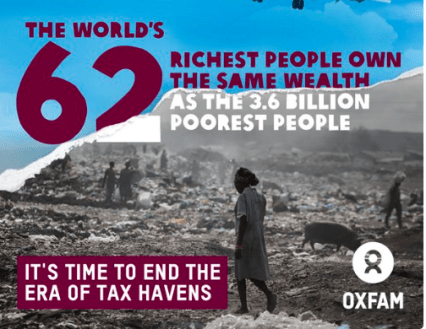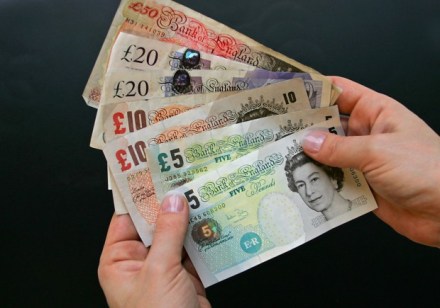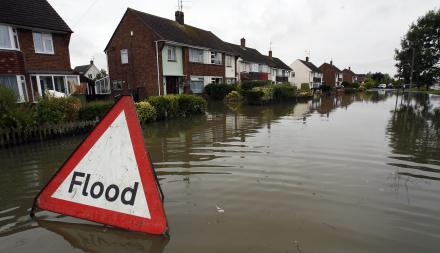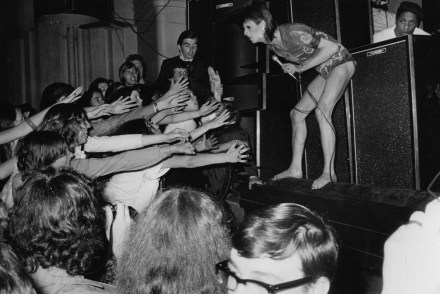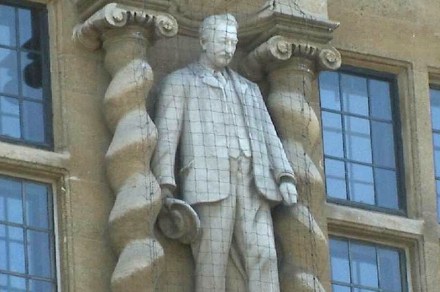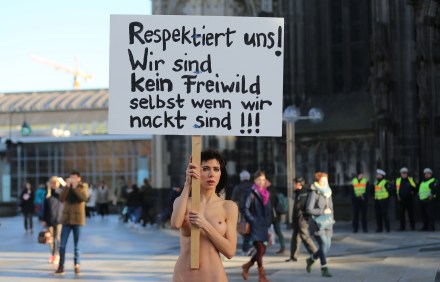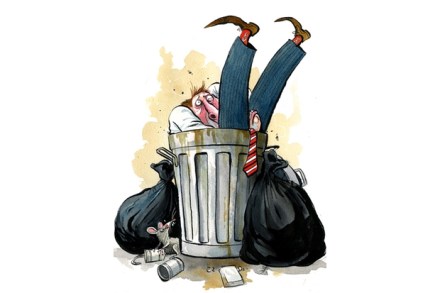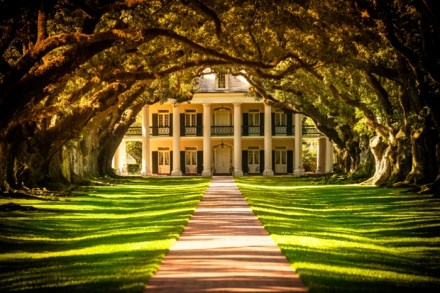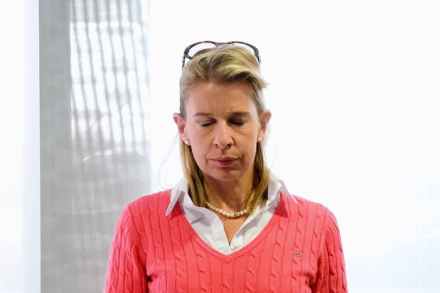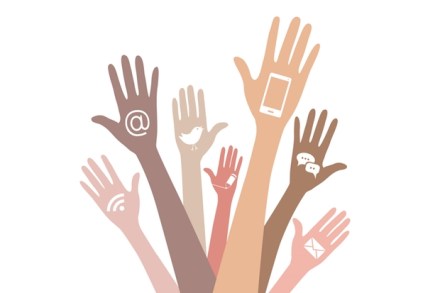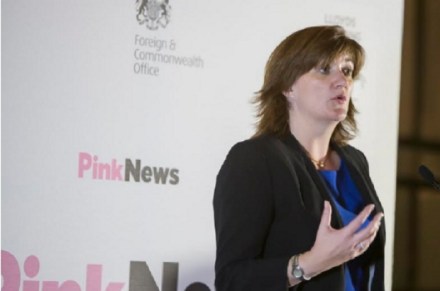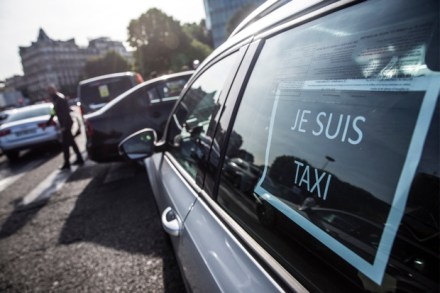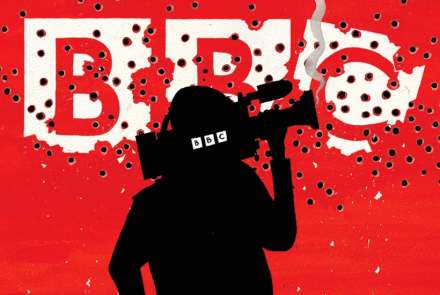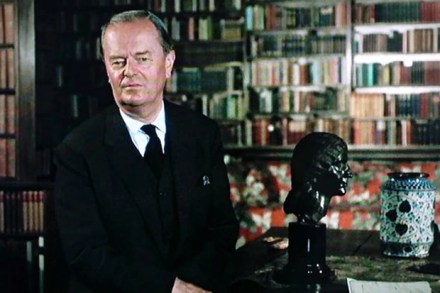What Oxfam won’t tell you about capitalism and poverty
Your average milkman has more wealth than the world’s poorest 100 million people. Doesn’t that show how unfair the world is? Or given that the poorest 100 million will have negative assets, doesn’t it just show how easily statistics can be manipulated for Oxfam press releases? They’re at it again today: the same story, every January. “Almost half of the world’s wealth is owned by just 1% of the world’s population” it said in 2014. It has done variants on that theme ever year, each time selling it as a new “big” story. All peddling the impression that inequality is getting worse, that the rich are engorging themselves at the expense of
